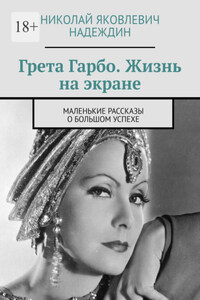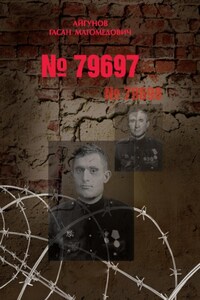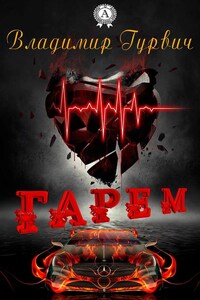I’ve always stood in front of the dugout during the match. It’s been a habit now for many years; I couldn’t even tell you how many. From that position I enjoyed the best possible view of the goal.
Gronkjaer had the ball wide on the right. With his trademark change of pace – in all honesty, something few others in the modern game are capable of – he cut in towards the middle, hit an inswinger with his left foot and found an incredible angle. Dudek couldn’t get to the ball. Chelsea 2 Liverpool 1, and this after having been a goal down from Sami Hyypia’s opener and then levelling through Marcel Desailly. We had stepped on the gas and overtaken our rivals in what was effectively a play-off, contested fortunately for us at Stamford Bridge. No small advantage this, coupled with the fact that of the three results possible on the day, either a win or a draw would have taken us into the Champions League.
Perhaps this is a little unusual for an Italian but I do not like playing percentages or speculating on the outcome of fixtures. This was never my way even as manager of Napoli and Fiorentina in Serie A, when we had to face the likes of Inter and Milan at the San Siro, or Juventus in Turin. I always prepare my team to win. I want to play for the highest stakes, every time. It was the same during my time as manager at Valencia, when playing away to Barcelona or Real Madrid, so it could hardly be otherwise in the Premiership.
This particular game on 11 May 2003 was one we all wanted to win. Why? Because there was something important on the line in terms of our future; because Liverpool had turned us over at Anfield in the last couple of seasons with performances that hardly justified the results; and because we wanted to show we were capable of achieving something together as a close-knit unit, with no help from anyone else, and without any possibility whatever of spending on the transfer market, especially as the state of the club’s finances had been well known for a year or so following their exposure on all the front pages. In short, a mixture of pride and determination, competitive spirit and tactical skill was required. It was just the kind of situation I enjoy.
Running across the pitch and screaming, Jesper was celebrating a great goal. And we were all happy, because we knew it was a really important one, although at that particular moment, none of us realized just how important.
I loaded everything into the car. Alongside me was my wife Rosanna, and in the back, a few suitcases filled with summer clothes (and here’s another myth that needs to be put to rest – the idea Italians and other Europeans have about the British summer. It really does exist, and can be as warm and enchanting as in Mediterranean countries). And there was ‘Shark’, my Alsatian, whose name was chosen by my daughter from the map of Australia in the atlas – perhaps it was Shark Bay that took her fancy – as a replacement for ‘Boss’, the name he had been christened with, and which could not work. There would have been too many of us around: me on the touchline, my wife, the dog …
On that trip back to London after a short break at the end of the season, I was carrying from Italy all my hopes and convictions for another season as manager of Chelsea. I knew I would not be able to ask for anything from the club in terms of buying new players, but knowing the squad I had got together, I was sure I could count on them to make certain we would enjoy our Champions League adventure and maybe even take a few important scalps during the season. After all, these would be the same players we had when we qualified for Europe in 2003, and the same who took us to the FA Cup Final in 2002. Frankly, as we approached Strasbourg on the motorway, I was wondering whether the club would be able to resist the temptation to sell Jimmy Floyd Hasselbaink and William Gallas, for the sake of the fans more than my own. I was aware that we had received good offers for both players and the money would help to give the books a healthier look. Knowing the situation, I would not have objected, but they were two extremely important pieces in the Chelsea chess set. And what about Gianfranco Zola? Sadly, I knew I would be losing him, and through nobody’s fault. I would have liked to have kept him on and so would the club, and he wanted nothing more than to sign and finish up his career with the No 25 shirt on his back, but it was obvious he would not be able to accept the only credible offer the club could possibly manage at that moment – a one-year contract with a cut in salary of 45%. This was never meant to be an insult in exchange for all the great things he had done for the Blues, not least the superb performances and 14 goals of this last season, but was intended rather as a heartfelt attempt to keep him. An offer made by a club that could not really afford the luxury. And so, I knew he would make the big decision: return home, play for Cagliari (his childhood dream) and, after so many years, be near his parents once again.








